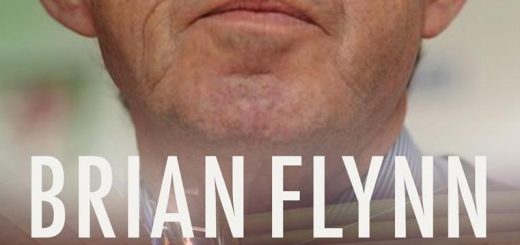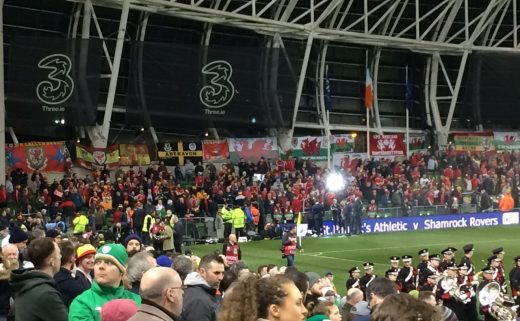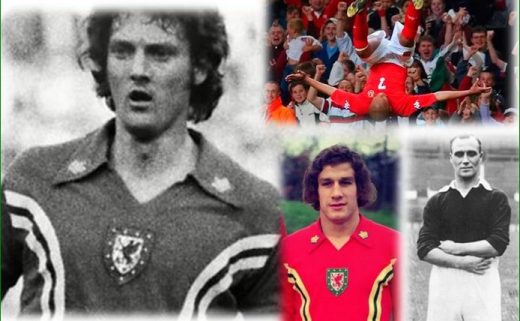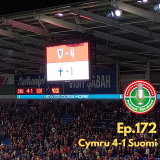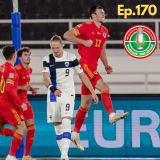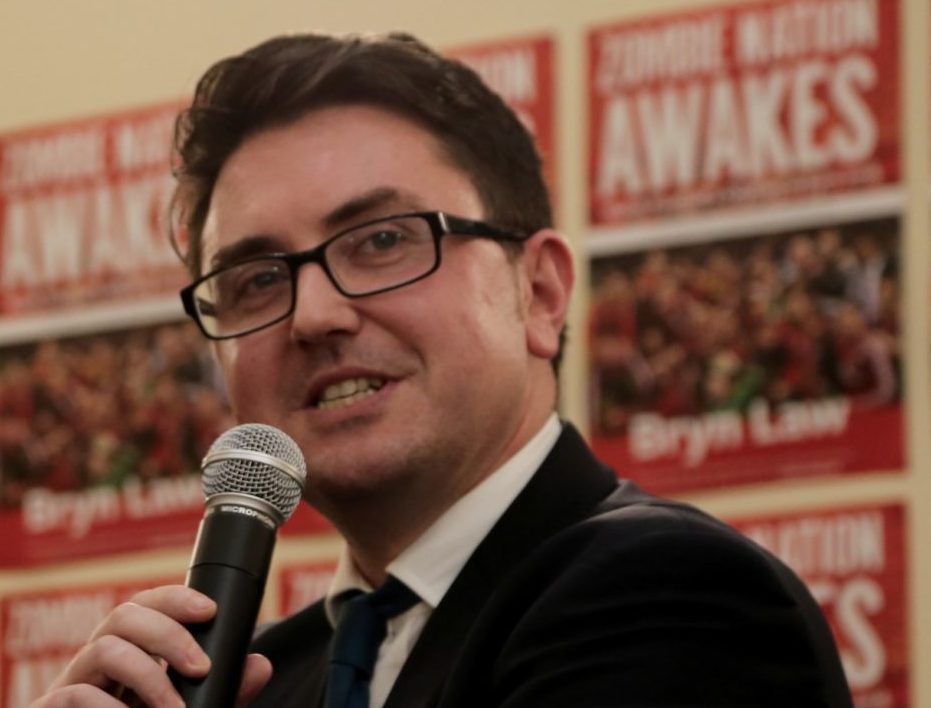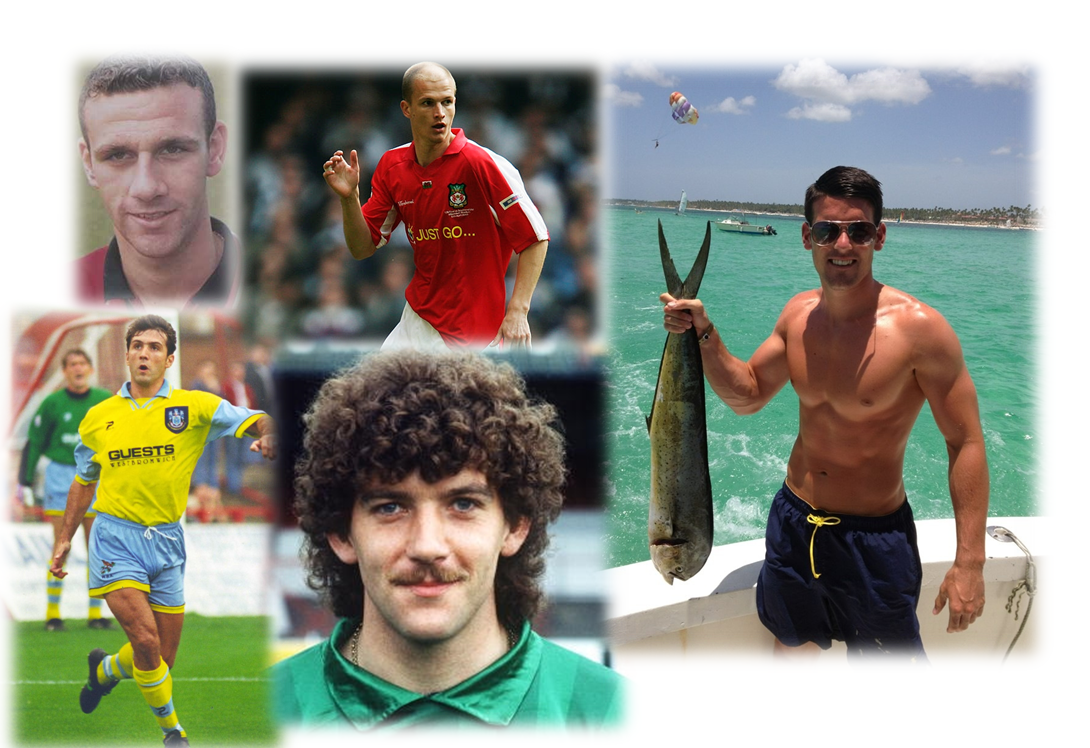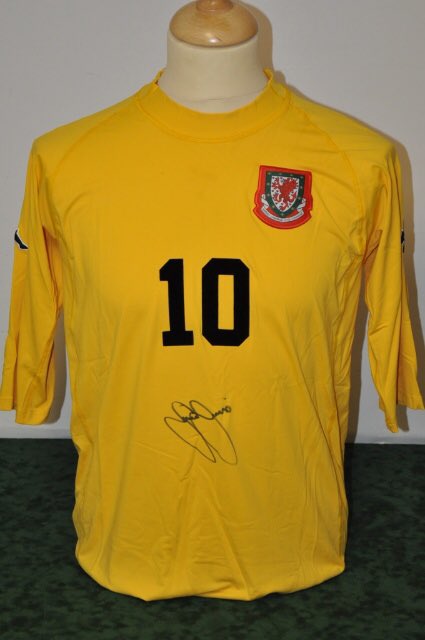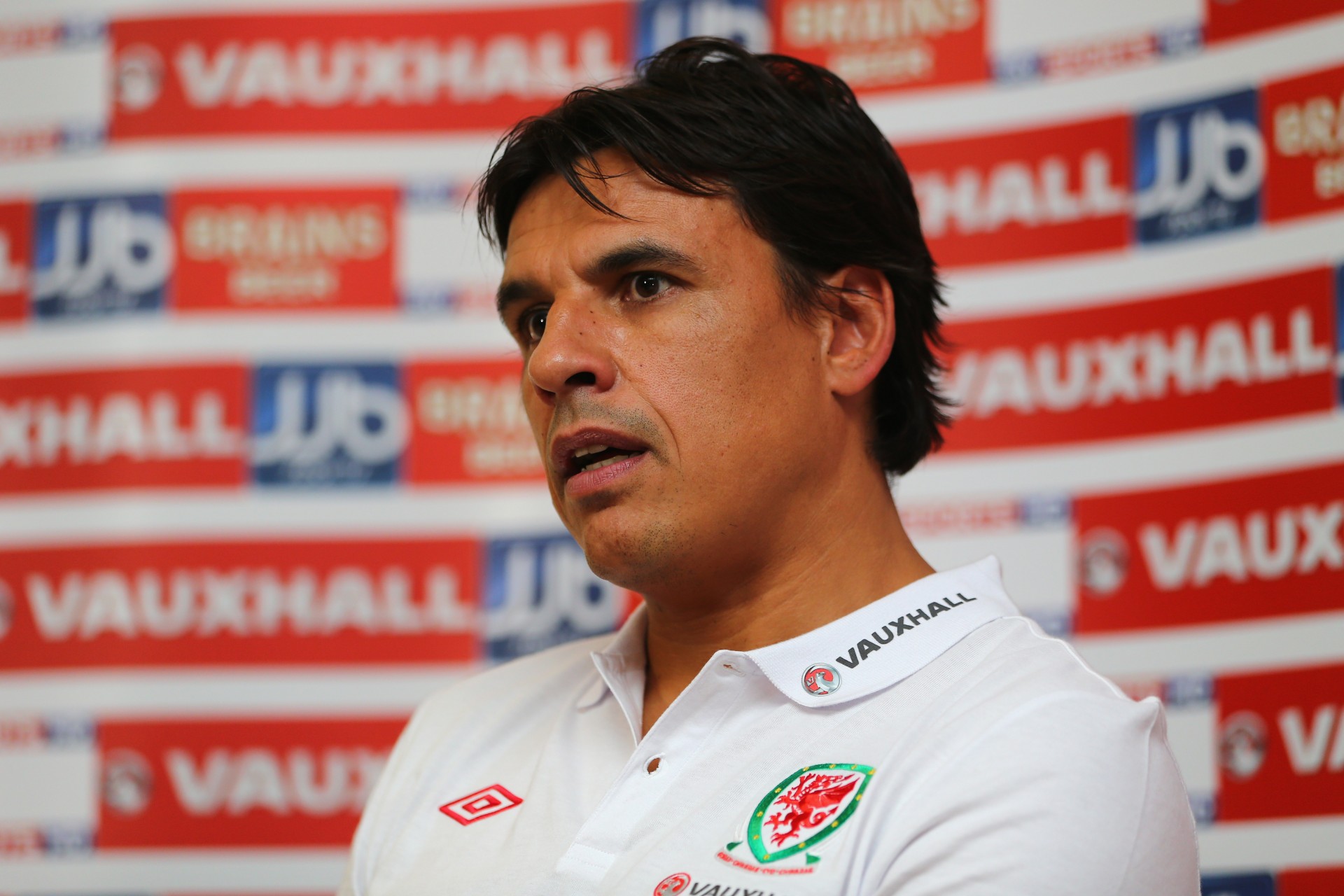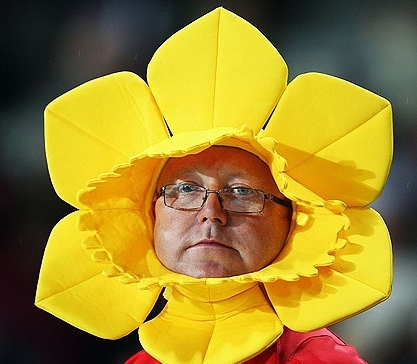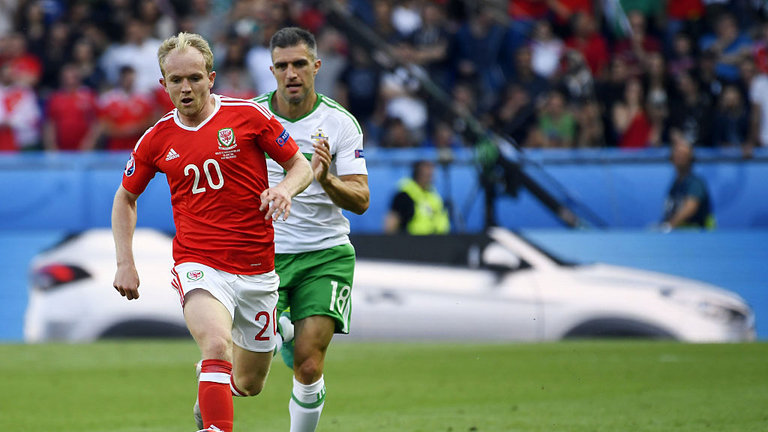Keep politics in football
Leon Barton explains why Wales football fans who suggest politics should be kept out of football are staggeringly lacking in self-awareness.
I realise that’s a ridiculous statement, but that’s the point.
With fans now back in the stadium, the group ‘Welsh Football Fans For Independence‘ have begun organising pre-game marches once again from Cardiff city centre to the Cardiff City Stadium. Which, in turn, has brought out the ‘Keep politics out of football!’ crew. I wonder how many of these people protest just as vehemently about military parades at rugby union internationals? Or is it – as the writer Jacob Sweetman recently said – a case of ‘keep YOUR politics out of football…my politics are okay’?

Of course, this goes both ways. On my most recent visit to The Racecourse (sadly, due to covid and other issues, a few years back now) a small group of fans a few metres away decided to twist the chant of ‘Wrexham! Wrexham!’ into ‘Brexit! Brexit!’ I didn’t like hearing this but I would never have dreamed of telling them to stop. They have as much right to chant it as others do to chant ‘Welsh not British’.
Besides, one of them was fucking massive.
Keep politics out of football makes as much sense as keeping politics out of life, which is basically like campaigning to keep wetness out of water.
Football is life; it occupies a central position in our culture. And by ‘our’ I don’t mean ‘Welsh’ or ‘British’, I mean ‘human’. Raymond Williams coined the phrase ‘structures of feeling’ which our Russell wrote about in a recent edition of the Wrexham fanzine Shag. It helps explain the “affective elements of consciousness and relationships” i.e., the way we feel about things is as much to do with historical, social – and political – phenomena, as the physical and environmental conditions we find ourselves in the here and now.
We feel because of things past.
Simon Kuper stated in his classic book Football Against the Enemy, first published in 1994:
More people in the world go to prayer than to football matches, but otherwise there is no public pursuit to match the game
The game has only got bigger since.
I imagine – considering that you are currently reading this – that football plays a major role in your life, as it does mine. I spend more time watching, thinking and talking about the game than is probably healthy (ironically I don’t play very often these days, which, of course, is unhealthy). I sometimes worry about my relationship with football; that it means too much to me. But the truth is, just as we can’t help who we fall in love with, we can’t help what we fall in love with either.
Those damn structures of feeling again.
How we watch games (whether live or on TV), how we travel to games, how much tickets and merchandise costs…all of these things have an affect on our lives as football fans and all are political. You would have to have your head in the sand not to realise that.
Everything’s political. Taking a shit is political, because how do you make the toilet paper; who does the plumbing; how much do they get paid?
actor Tim Roth to the NME, 1997
Plus, with international football, there’s another layer. It’s inherently political because the very idea of ‘nation’ is inherently political. No border in the world was decreed by God, the Laws of Physics or the Theory of Relativity. Open up an atlas and you will usually get two versions of each map: geographic (showing mountain ranges etc) and political (showing borders). The fact that Wales exists at all, the fact that we have a national football team…well, I’m sorry, but that clearly is political.
As it is for the other home nations. And why its newest members – Kosovo (joined 2016) and Gibraltar (2013) – have been admitted to UEFA, but the likes of Catalunya, Euskadi, South Ossetia or Northern Cyprus have (so far…) not.
But of course it’s not just Wales. ‘Wherever I went I was told, ‘Football and politics! You’ve come to the right place here’ Kuper wrote as he travelled all over the world research Football Against the Enemy, discovering how the beautiful game intersects with politics in myriad ways, both obvious and surprising.
It was because of football that Nikolai Starostin, founder of Spartak Moscow, was sent to the Soviet gulags. ‘But’, writes Kuper, ‘it was football that saved his life there’. Starostin was amazed that,
the camp bosses, arbiters of the life and death of thousands upon thousands of human beings…were so benevolent to anything concerning soccer. Their unbridled power over human lives was nothing compared to the power of soccer over them
But back to Wales. On a pre-Euros episode of the excellent Hiraeth podcast, American Megan Feringa, an outstanding addition to the Welsh football blogging scene over the past two years, said,
The two go hand in hand…I wouldn’t know the Welsh football team if it wasn’t for Welsh football fans for independence. And vice versa
A more sceptical tone was added to the proceedings by by Professor Martin Johnes, but Johnes still accepted that,
[the Wales team’s recent] success on the pitch has made people think about politics…things are changing, something is happening and football is part of that journey
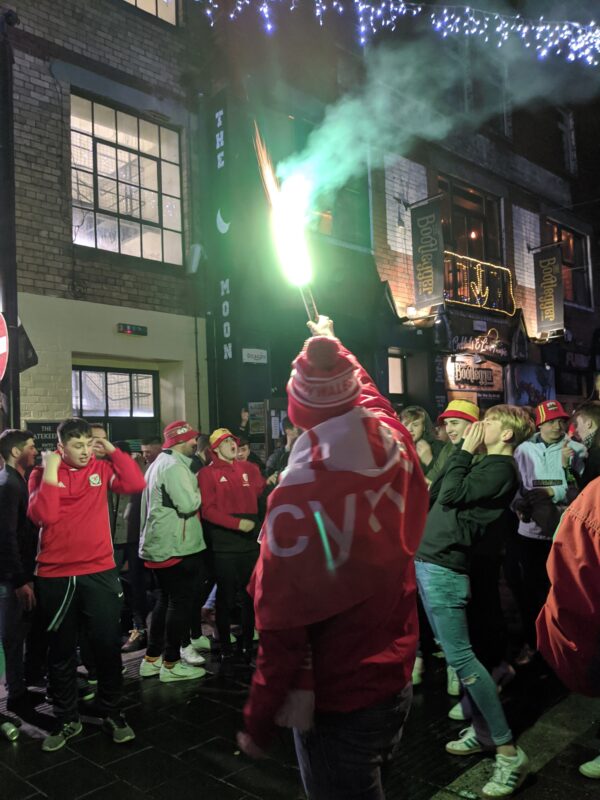
The idea that ‘we can do it on the pitch, so why can’t we do it in other aspects of our lives?’ seems to have taken hold. Dan Evans talked about this in our episode #81 with Wales away trips taking the form of what Dan calls an ‘independent travelling statelet’. Gôl Cymru’s humanitarian internationalism is in stark contrast to the militarism of the British state and Welsh Government’s acquiescence to it. It’s good humoured on the terraces too, with the popular chant of ‘Viva Gareth Bale – said he had a bad back, fuck the Union Jack’, described on the same Hiraeth episode by our very own Richard Owain Roberts as ‘incredibly witty, funny and highly political’.
Incidentally, whenever I watch Wales games here in Innsbruck I am struck by how much quieter that chant is on Sky broadcasts than it is on Dazn broadcasts. Surely, Sky wouldn’t turn the crowd noise down for fear of offending the Union Jack brigade…
Anyway, if you don’t like the idea of Wales as an independent nation, but still want to watch the Wales team, there’s actually a very simple solution:
Don’t go on the marches and don’t join in with the chants – no-one will force you.
Croeso | You’re welcome


